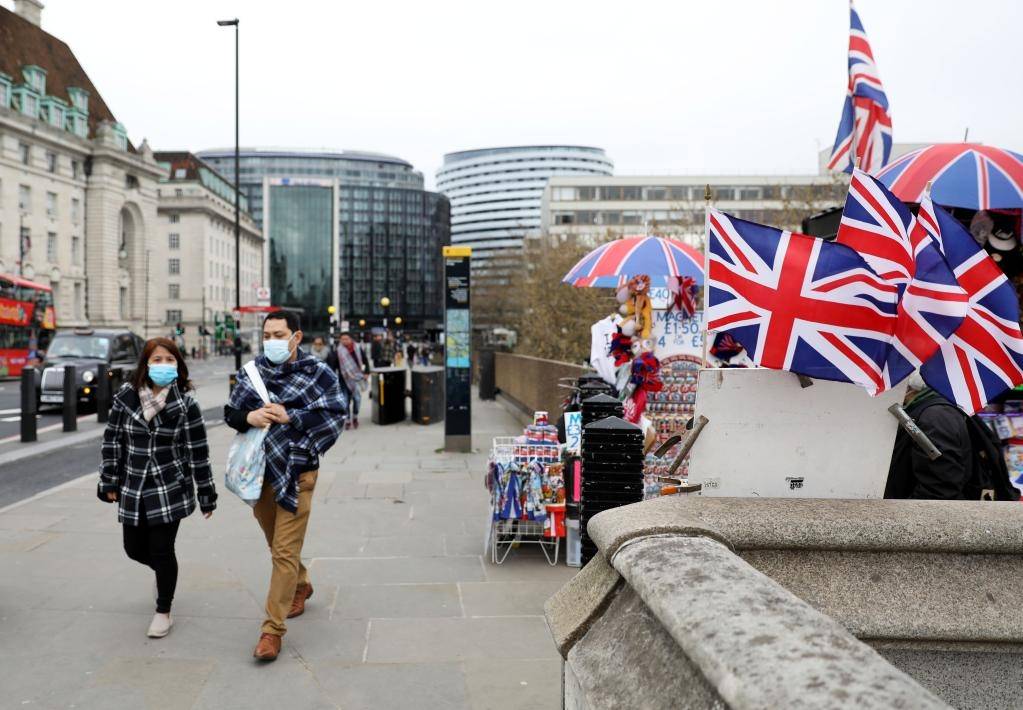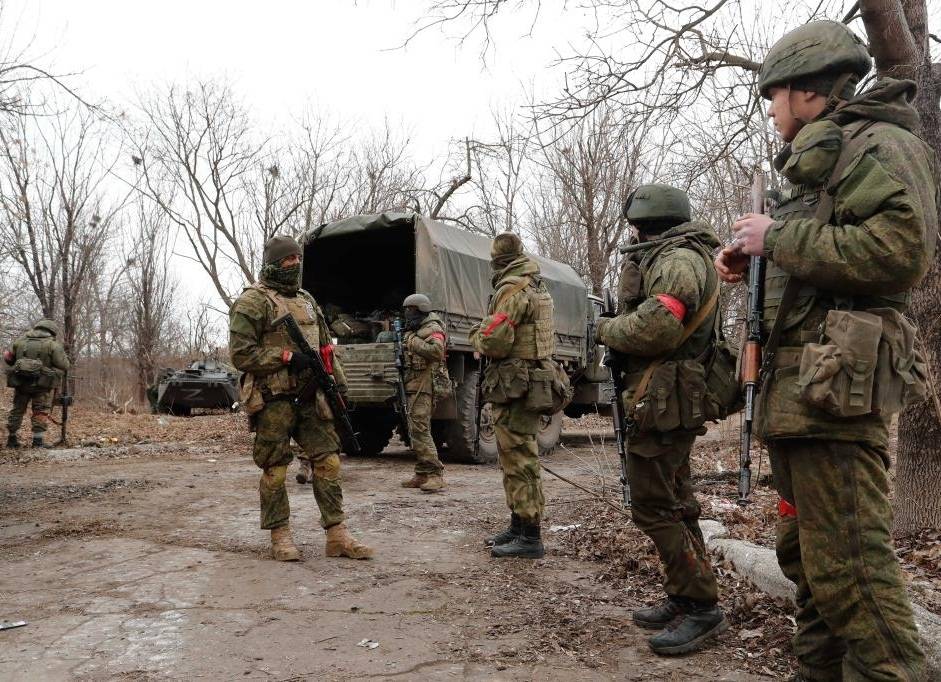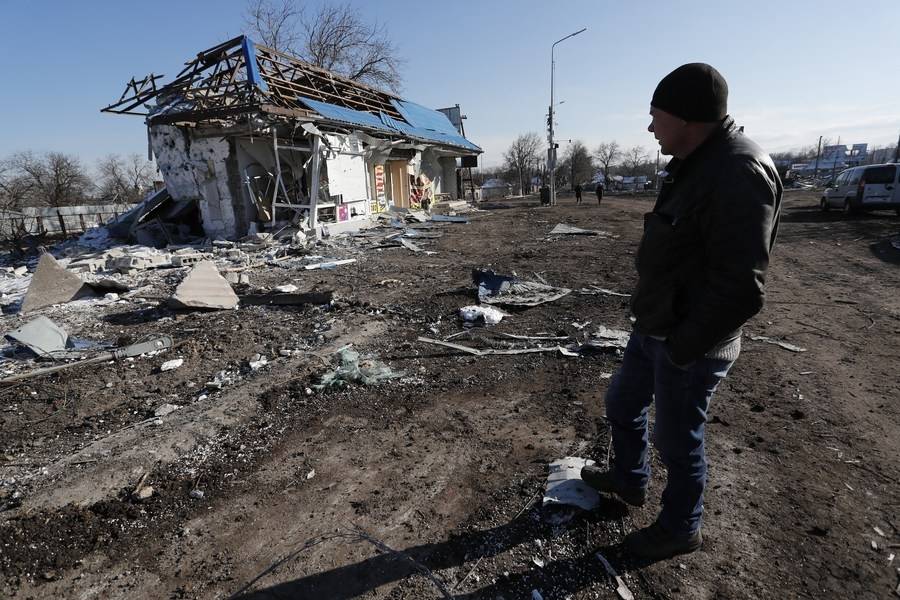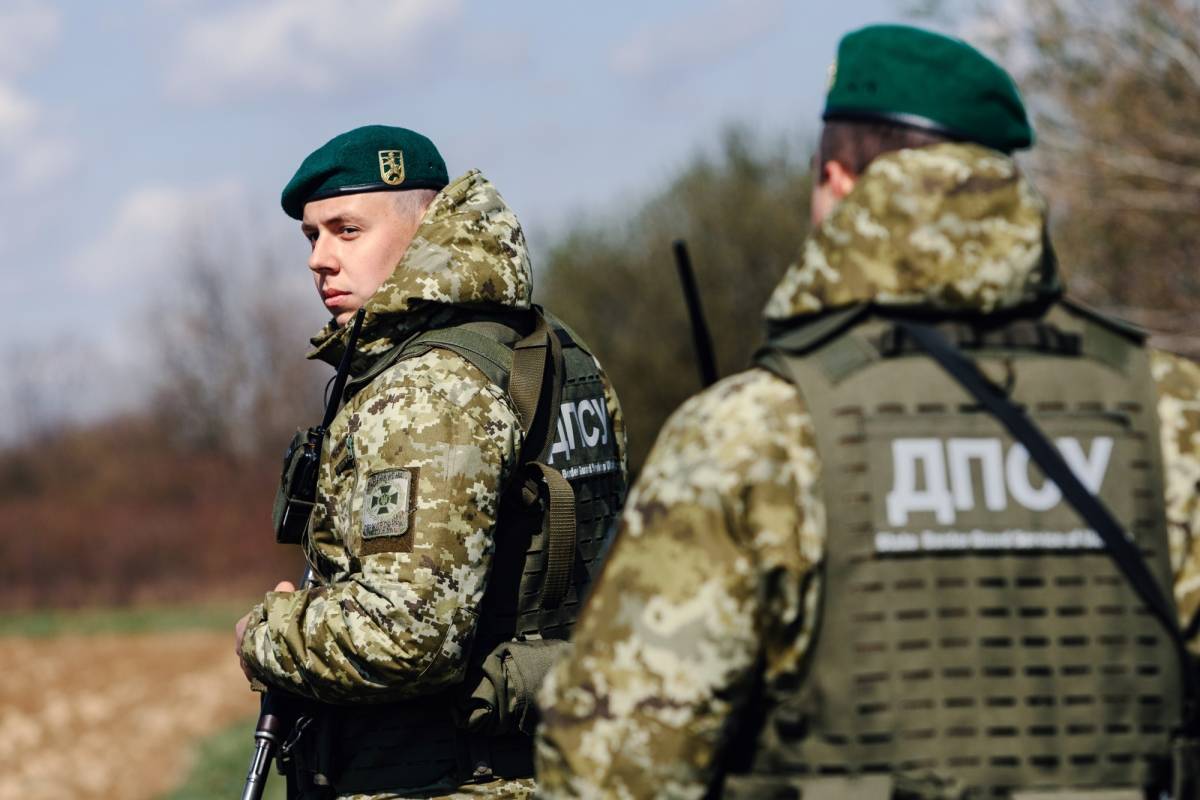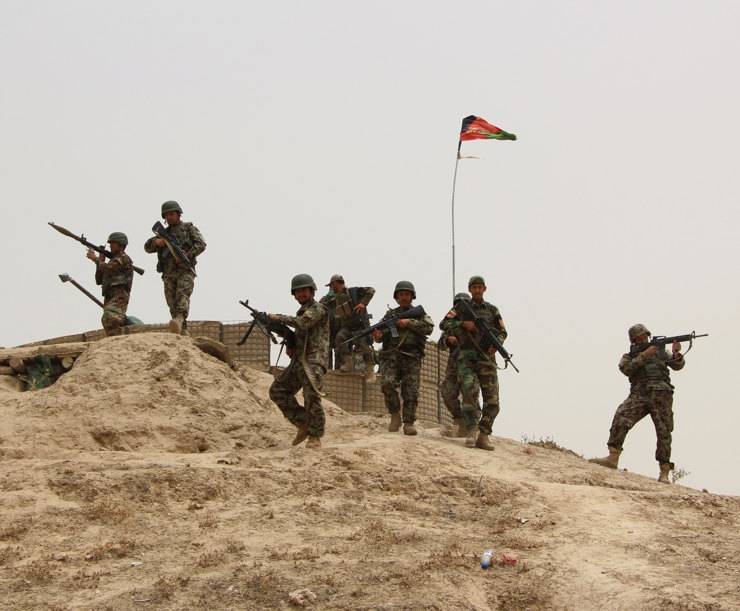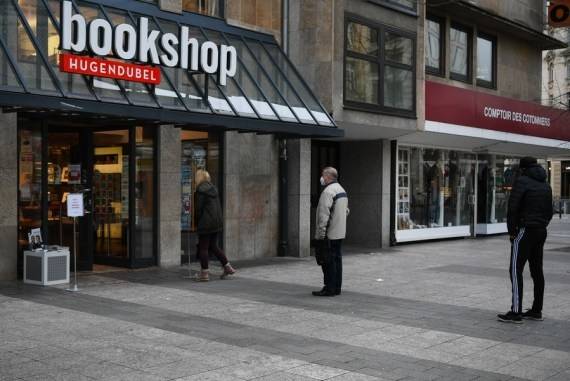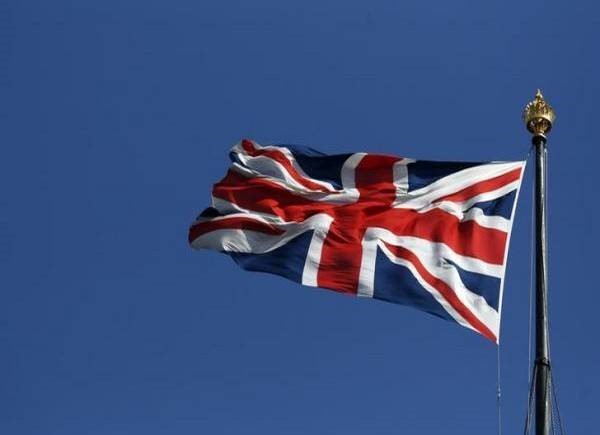
Britons advised against travelling to Afghanistan
Taliban spokesperson Zabihullah Mujahid said security is ensured in the country and the safety of foreign nationals is also ensured…reports Asian Lite News The UK’s Foreign, Commonwealth & Development Office (FCDO) advised


